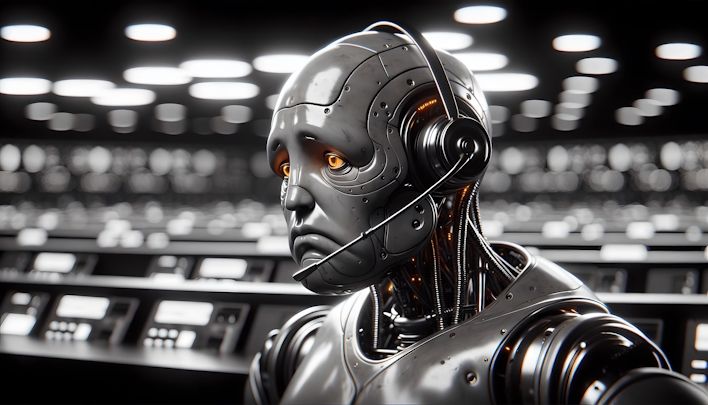The FCC Outlaws AI-Generated Robocalls To Stop Voter Suppression Violations
In 1991, the Telephone Consumer Protection Act (TCPA) was passed to help protect consumers from a growing deluge of junk calls. For content, the TCPA prohibits “any telephone call to any residential telephone line using an artificial or prerecorded voice to deliver a message without the prior express consent of the called party,” with some exceptions. Long story short, non-consensual robocalls are prohibited under this act, but with the emergence of AI, this was called into question.

Subsequently, the commission put out an inquiry to “better understand the implications of emerging AI technologies as part of our ongoing efforts to protect consumers from unwanted and illegal telephone calls and text messages under the TCPA.” Thankfully, as of February 2nd, it was confirmed that “the TCPA’s restrictions on the use of “artificial or prerecorded voice” includes current AI technologies that resemble human voices and/or generate call content using a prerecorded voice.” Further, “callers must obtain prior express consent from the called party before making a call that utilizes artificial or prerecorded voice simulated or generated through AI technology,” which includes AI-cloned voices.
As we inch closer to election season, this is of particular concern; Donald Trump or Joe Biden won't be calling their constituents individually requesting their vote. Further, it would be remarkably easy to fake any public figure’s voice. Regardless, this ruling is not likely to stop all the robocalls, but it is likely to at least help and head off some potential problems.


